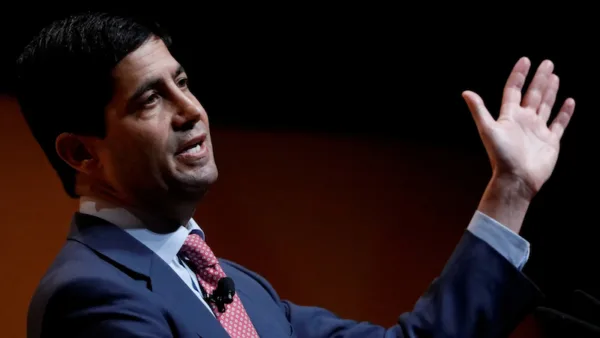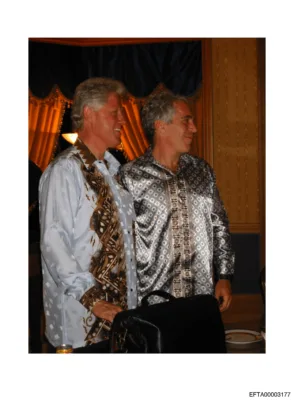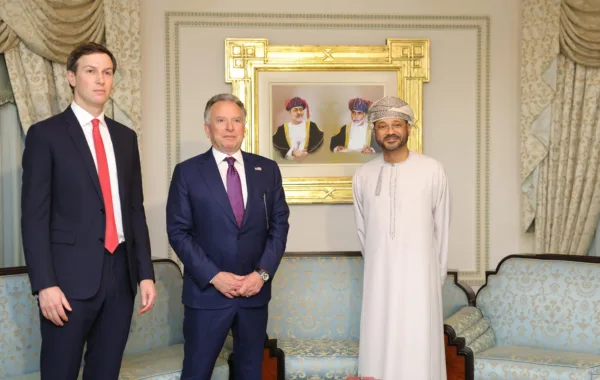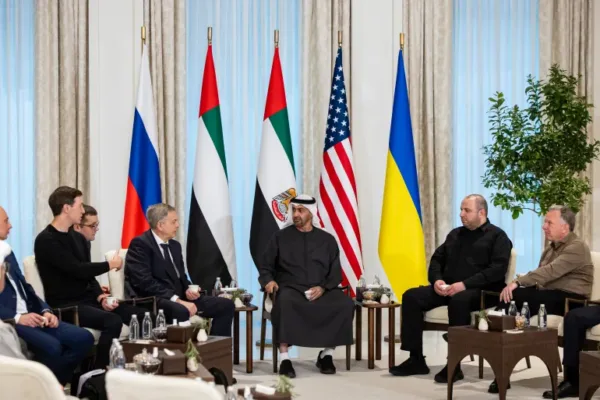Turkey in 2011
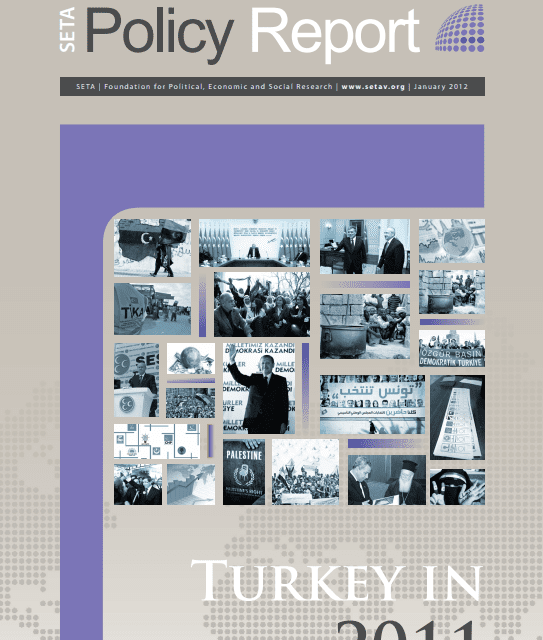
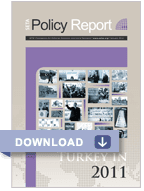 Turkey’s foreign policy and the Arab Spring turned out to be as important in determining the political agenda for 2011 as the June 12 elections. Turkey’s role in the spreading political movements from North Africa to the Middle East surpassed its previous involvement in the area.
Turkey’s foreign policy and the Arab Spring turned out to be as important in determining the political agenda for 2011 as the June 12 elections. Turkey’s role in the spreading political movements from North Africa to the Middle East surpassed its previous involvement in the area.
The year 2011 was going to be a year in which the political and social effects of the September 12, 2010 referendum for drafting of the new constitution would be felt. As Turkey bid farewell to its old political habits with the September 12 referendum, a public debate on how new political structures were going to be built began. The focus of the debate was “innovation”. As the public debate was gearing towards an exhaustive examination of the new political patterns, the wave of revolution and transformation that began in Tunisia and spread over the entire region took the public discourse hostage. Turkey’s discussions of ‘innovation’ were absorbed in the wave of transformation. Turkey faced the Arab Spring as a country that has demonstrated significant developments in its own political transformation. Political actors, who had not contributed to the ongoing efforts of democratization in Turkey satisfactorily, especially in the context of the Kurdish question, tried, to no avail, cast themselves in important roles in the uprisings in the region.
In 2011, the incumbent Justice and Development Party (AK Party) was going to campaign for its third term in power after having won the vote of confidence in the referendum on September 12, with a high margin of 58 percent. In the aftermath of the referendum, the main opposition CHP (Republican People’s Party) after its contentious change of leadership; BDP (Peace and Democracy Party) after its decision to boycott the referendum and the democratic initiative; and MHP (National Movement Party) after its constituents’ reaction to its stance on the Kurdish initiative reflected to the poles in the referendum, embarked on the electoral process with ambitions of their own. Contrary to the attitudes of the opposition, the interim elections resulted in AK Party’s landslide victory.
The elections of June 12th, which can be considered the most important event of the year 2011, affected the opposition parties in different ways. Internal strife in the main opposition party CHP stretched through the entire year. CHP had still not stabilized after its contentious change of leadership when it entered the electoral process. The new party leader, Kemal Kılıcdaroglu joined the “new Turkey” discourse with his vision of a “new CHP”. Kılıcdaroglu’s vision for the party satisfied neither its lifetime constituents, nor those who expected an AK Party like performance from CHP. This inevitably caused factions within the party. In the fall of 2011, after Prime Minister Erdogan apologized for Dersim events in the name of the state, CHP found itself paying for the sins committed during the single party regime. It became clear for the new vision of CHP to take hold, it needed a clean break from its treacherous past. The MHP campaign kicked off under pressure for having witnessed that the party’s strong opposition against sensitive issues such as the Kurdish Initiative, the Kurdish Question’s peaceful resolution, and the September 2010 referendum did not attract popular support. Notwithstanding its internal bickering, MHP during this year failed to demonstrate a definitive line or stance, and the main political target of the party became achieving the 10 percent national threshold required to qualify for the parliament.
Finally, the pro-Kurdish BDP entered the race with heated discussions and a wind of change. Applying their previously-agreed ‘umbrella party’ concept through their endorsement of independent candidates from different backgrounds within the Kurdish political movement, the party achieved considerable success in the elections. The Turkish government’s transition from a security-oriented approach to a democratization paradigm, embodied by the Kurdish Initiative, helped create a BDP experience that varied greatly from that of the party’s predecessors: The accompanying of an ongoing trend of democratic reforms by economic development naturally provided the BDP with an instant appeal, while it remains to be seen whether or not the party will be able to extend its popularity over the longer term. The primary obstacle en route to this goal appears to be their exclusive focus on the Kurdish Question that makes it impossible for the party to escape the vicious circle of PKK tutelage. As such, the outdated leftist language that imposes the BDP-PKK line as the sole legitimate territory for peaceful resolution interferes with the party’s potential to develop an all-encompassing political view for Turkey and its Kurds.
PKK—with its opposing stance towards the democratic initiatives of the 2010 and violent attacks on the tail of Middle Eastern uprisings—trapped itself into a corner. The leaked communication between MIT (National Intelligence Agency) and PKK revealed attempts to persuade PKK in more peaceful methods than it was assumed in the public discourse. In the light of these events, it became apparent that PKK situated itself not as part of the solution, but rather the problem. Similarly, at a time when democratic channels were unprecedentedly open for communication, PKK insisted on maintaining the violent struggle between its armed wings and the national armed forces making the conflict harder to overcome, while deploying its urban wing, KCK to prevent the normalization of the Kurdish question. PKK with its violent responses to judiciary’s abrupt intervention in this area pushed the peace talks into another vicious cycle.
Turkey’s foreign policy and the Arab Spring turned out to be as important in determining the political agenda for 2011 as the June 12 elections. Turkey’s role in the spreading political movements from North Africa to the Middle East surpassed its previous involvement in the area. Turkey occupied the discussions in this field as a model for the new political structuring. Turkey gradually became an active player in the overthrowing of Kaddafi in Libya and openly supported the revolutions in Tunisia and Egypt. It also followed the ongoing contestations in Syria closely: Following a pro-dialogue stance that lasted until August, Turkey became openly critical of the Assad regime despite the strong coalition between the two countries spanning over the past six years. The government’s particular interest in relief efforts for Somalia attracted worldwide attention to the humanitarian crisis and played an important role in furthering the campaign at the United Nations.
The political developments in the region throughout the year, had not only drawn the Turkey’s foreign political path, but also presented the country with challenges. The prime minister’s efforts to open up communications with all major actors in Iraq in the midst of the USA’s withdrawal from the area took the bilateral relations to a new level. At the same time, Turkey’s membership bid for the European Union continued to be on hold due to a devastating financial crisis in the Eurozone, France and Germany’s adoption of delegitimizing steps for the Union, as well as the French government’s domestic response against Turkey’s activity in North Africa and the Middle East. Similarly, amidst the Arab Spring, the Palmer Report brought bilateral relations between Turkey and Israel to a near-standstill.
Another consequence of the regional political developments in the region in the year 2011 was the tremors felt in the deep-seated institutional attitudes, habits and traditions stemming from Turkey’s top down modernization project. A new connection was established when the prime minister and the president addressed the publics in the Middle East and North Africa in Arabic for the first time since the Jacobean modernization which included abolishing the Arabic alphabet in favor of the Latin. While similar actions had brought the military’s wrath on the Welfare party in the 90s, AK Party’s actions were celebrated in the media. Turkey’s strengthening ties with the Middle East and its involvement in the regional developments turned into a widely supported political strategy. It is likely that this new trend of cooperation and interaction will continue for the foreseeable future.
Written by By Hatem Ete, Selin M. Bölme & Taha Özhan











